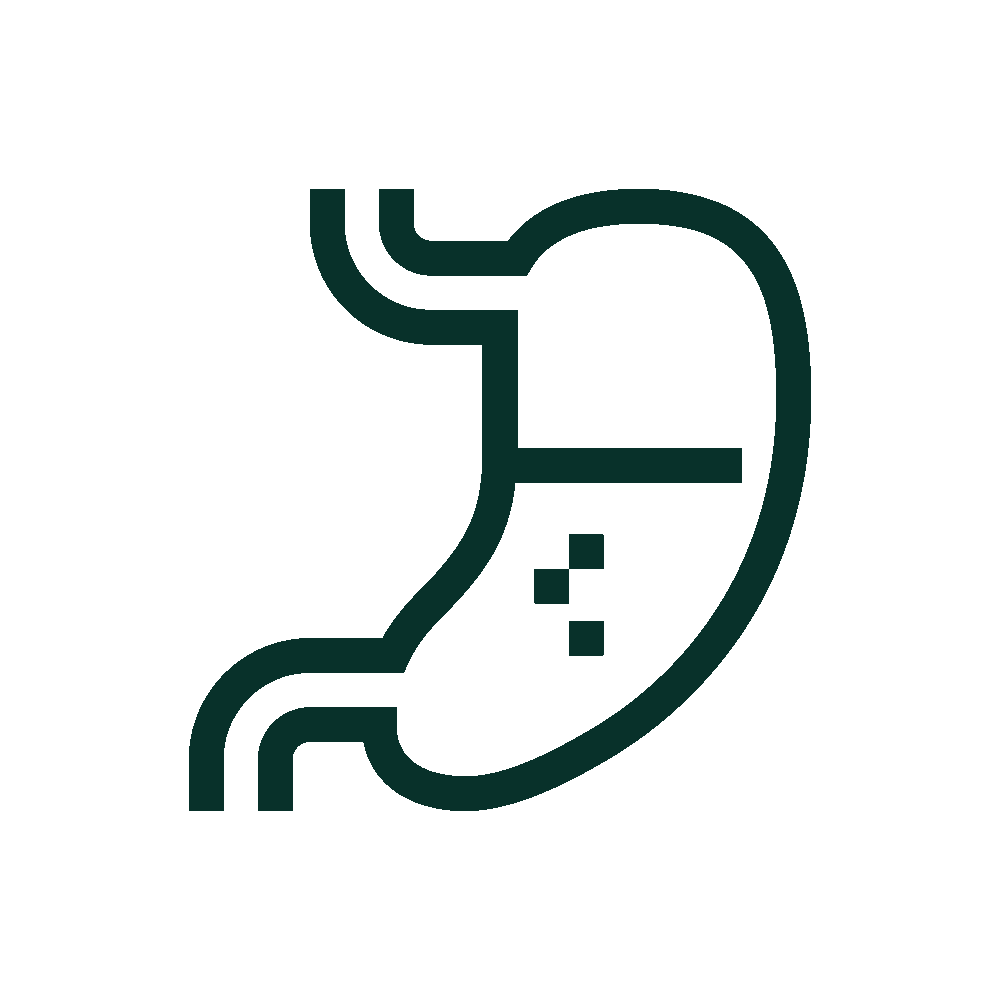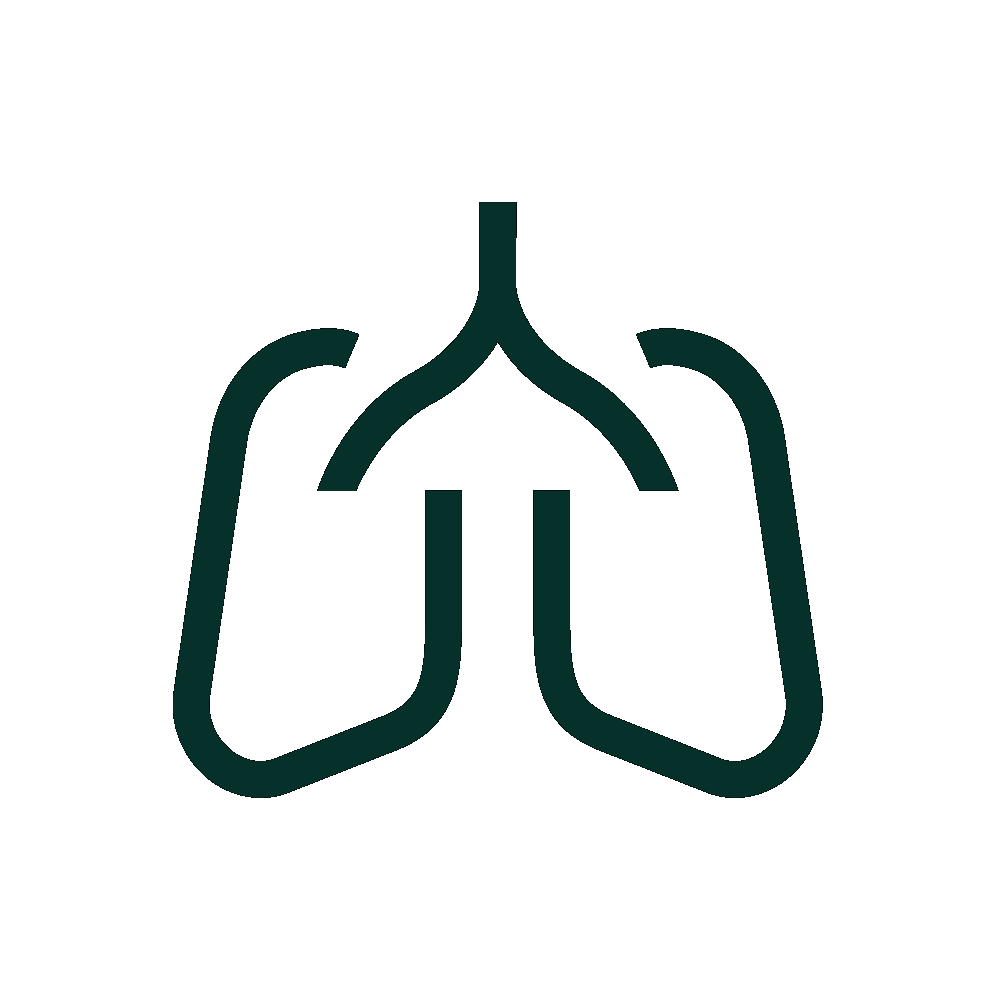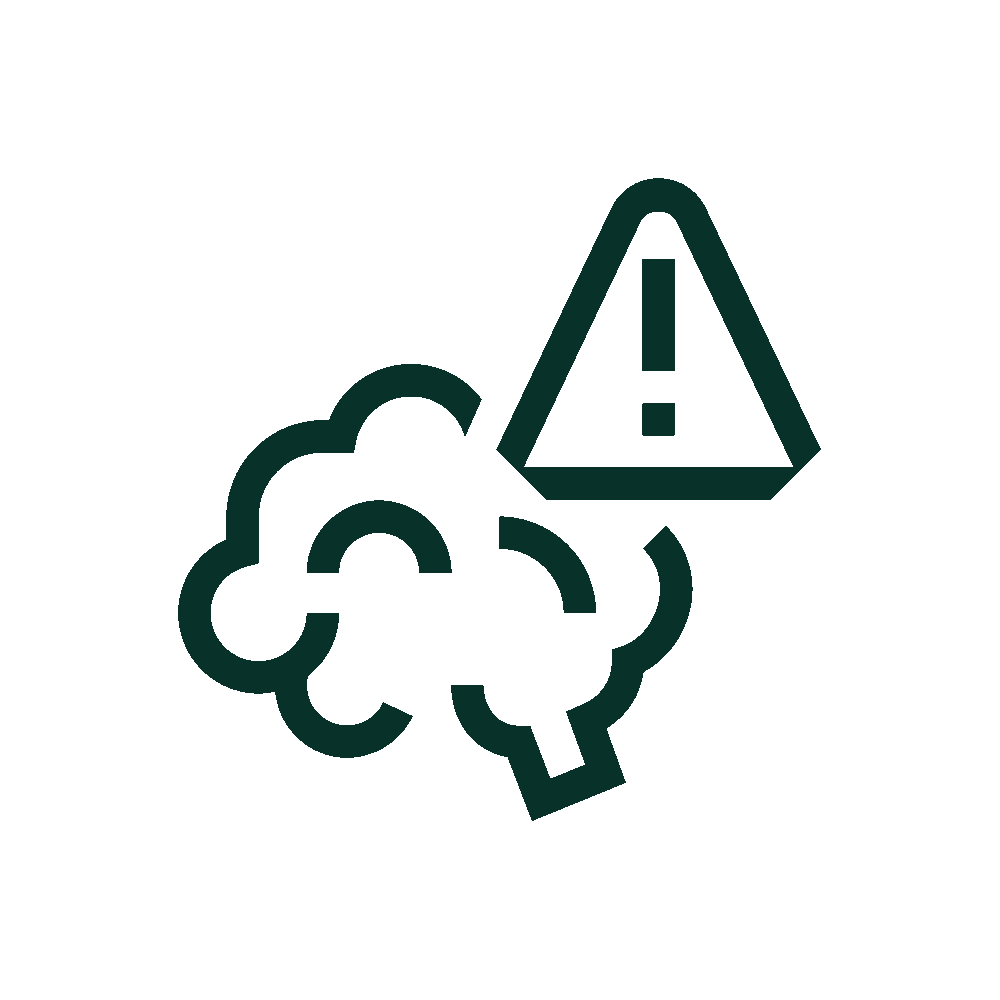Equine Respiratory 101
by Boehringer Ingelheim / May 17, 2024

Why Is My Horse Coughing, and What Does It Mean?
Recurrent airway obstruction (RAO)
Equine Chronic Obstructive Pulmonary Disease (COPD)
Inflammatory Airway Disease (IAD)
Chronic bronchitis
Summer Heaves
Equine Asthma Syndrome
With so many terms used to describe noninfectious inflammatory airway disease in horses, it’s no wonder horse owners find themselves confused. But because chronic respiratory disease can make breathing difficult, and lead to poor performance and general health deterioration, identifying and treating it is critical.1
A horse suffering from severe equine asthma experiences a narrowing and/or obstruction in the airway passages. Identifying equine asthma early is important, because without diagnosis and treatment, the condition can have a long-term impact on the lungs.
The term "equine asthma syndrome" has recently been divided into mild-moderate and severe.
Severe equine asthma affects 12% of horses in countries with a northern, cool climate, with onset of signs typically at 7 years of age.2 The clinical signs are:
- Increased respiratory effort at rest
- Frequent coughing
- Exercise intolerance
- Marked lower-airway inflammation and obstruction3
Mild/Moderate asthma may affect up to 68% – 80% of racehorses.4 They display these clinical signs:
- Respiratory effort generally normal at rest
- Poor performance
- Coughing in some horses is observed
“Horses with mild-moderate equine asthma don’t always present noticeable clinical signs,” said Steve Grubbs, DVM, PhD, DACVIM, Technical Services Veterinarian at Boehringer Ingelheim. “But a horse with severe equine asthma will have labored breathing, even when the horse is at rest.”
Typically the primary therapy for severe equine asthma is a combination of environmental management, glucocorticoids and bronchodilators.3
The Aservo® EquiHaler® (ciclesonide inhalation spray) is indicated for the management of clinical signs associated with severe equine asthma in horses. The drug is delivered through an inhaler featuring an ergonomic handle and dosing lever, making it simple to administer. The nostril adapter fits inside the left nostril of the horse, making it easier for the handler to administer.
In studies of more than 600 horses with severe equine asthma, those treated with ASERVO EQUIHALER demonstrated improved lung function and clinical signs.
“It’s important for horse owners to be vigilant and observant when it comes to identifying a potential respiratory issue,” stated Dr. Grubbs. For more information, visit ASERVO EQUIHALER.
IMPORTANT SAFETY INFORMATION: ASERVO EQUIHALER has not been evaluated in pregnant or lactating mares. In a large clinical field study, the most common adverse reactions reported were coughing, nasal discharge, sneezing and nasal irritation/bleeding. Administration of glucocorticoids may worsen existing bacterial, fungal or viral infection. Glucocorticoids should be used with caution in horses with a history of laminitis, or at a higher risk for laminitis. Not for use in humans.
REFERENCES:
1 Couetil LL, Cardwell VG, Gerber V, et Al. inflammatory airway disease of horses – Revised Consensus Statement. J Vet Intern Med 2016;30(2):503–515.
2 Simões J, Batista M, Tilley P. The immune mechanisms of severe equine asthma-Current understanding and what is missing. Animals (Basel). 2022;12(6):744. doi: 10.3390/ani12060744.
3 House A. Recurrent Airway Obstruction (RAO) in the Horse. AAEP, 2016. Accessed April 24, 2022. https://aaep.org/horsehealth/recurrent-airway-obstruction-rao-horse
4 Allen KJ, Tremaine WH, Franklin SH. Prevalence of inflammatory airway disease in National Hunt horses referred for investigation of poor athletic performance. Equine Vet J Suppl 2006;(36);529–534.
ASERVO® and EQUIHALER® are registered trademarks of Boehringer Ingelheim Vetmedica GmbH, used under license. ©2025 Boehringer Ingelheim Animal Health USA Inc., Duluth, GA. All rights reserved. US-EQU-0144-2024






